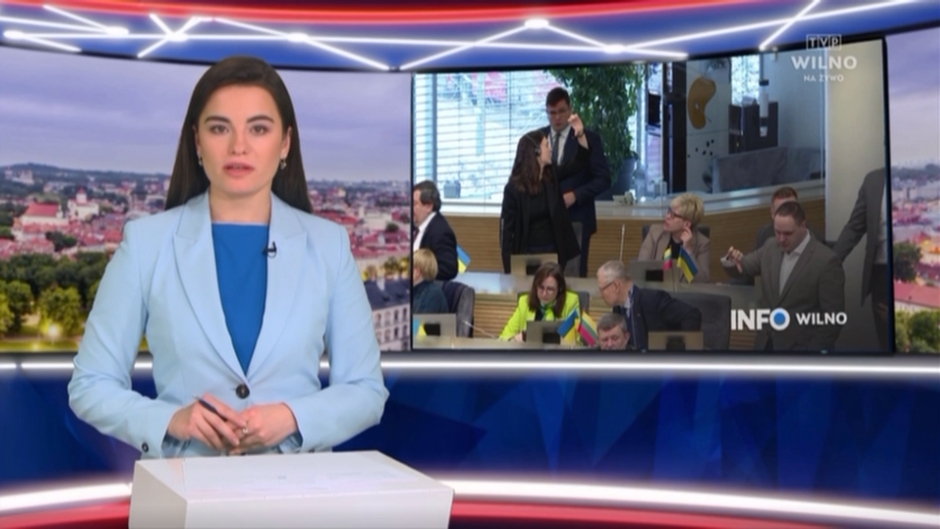- December 22, 2016
- 577
Rudnicka: Business is an added value in Polish- Lithuanian relations

“In our operation we are trying to be apolitical but we have examples that the relations of Lithuania and Poland can be the pattern of strong strategic partnership. This is what we believe in”- says Renata Rudnicka, executive director of Polish- Lithuanian Chamber of Commerce.
Prime Minister Saulius Skvernelis who was present at our last business-mixer declared the will of strengthening the cooperation and deleting obstacles on our way to better cooperation. We are happy with the announcement of relationship reset. Business always helps with developing mutual relations and creates the added value”- emphasizes Rudnicka.
Saying about Polish- Lithuanian work of Chamber of Commerce which now gathers 35 members, Renata Rudnicka marks that it is “leading companies by the hand” in a way.
Chamber of Commerce gathers for its members information about business possibilities in both countries- for Polish companies in Lithuania and for Lithuanian companies in Poland. We are informing about the existing tenders, conferences, forums, planned and realised investment projects. We provide contacts in the environment, we conduct introductory research, advise how to come into the market, how to find reliable partner. Furthermore- we offer the support in contacts, increasing market competitiveness, possibilities of identification”- enumerates director of Chamber of Commerce.
As she adds, not only Poland is the attractive market for Lithuania- it works also the other way round.
“Poland sees in Vilnius the window on Baltic states. For an entrepreneur who already has his domestic market repleted this is a niche- to be the first on the Lithuanian market. It is really nice that many Polish companies comes to Lithuania but this of course works also the other way round- Lithuanian companies are becoming braver, stronger and want to try to operate on the Polish market”- spots Rudnicka.
In an interview with Renata Rudnicka- concerning which projects are being realised in Lithuania and inversely, and whether or not the policy has an influence on business.
Translated by Agnieszka Bladowska within the framework of a traineeship programme of the European Foundation of Human Rights, www.efhr.eu.


